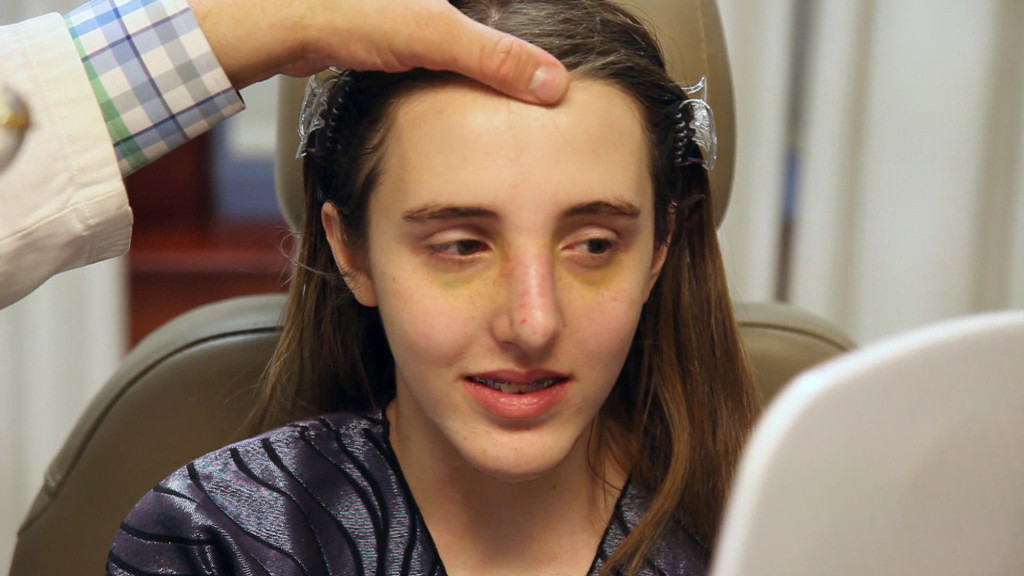Plastic surgery for children doesn’t address real issues
By Natalie Serafini, Assistant Editor
Plastic surgery has become something of a non-issue in society. Where it was once shocking and inconceivable outside of the hills of Hollywood, it has normalized in other parts of the world (at least, for rich people). If you’re an adult choosing to change your appearance for yourself and your happiness, it’s your prerogative; more power—and plastic—to you. The question of surgery is more dubious though when you aren’t an adult or aren’t doing it for yourself. This applies to plastic surgery for children, in the name of ending bullying.
The American Society for Aesthetic Plastic Surgery reports that within the last decade, the rate of children getting plastic surgery has increased by approximately 30 per cent. Recently making the news for this is 15-year-old Renata, who got plastic surgery to end the bullying which had resulted in her being home-schooled for three years. Renata says, “They would just call me ‘the girl with the big nose.’” She worried, having been bullied for so long and home-schooled for years, that she would “never have any friends, or anyone to be there for me.”
For help, she and her family turned to the non-profit organization Little Baby Face Foundation, which treats children with facial birth defects who are from low-income families. Renata was diagnosed with a deviated septum and hemi-facial microsomia (a condition in which parts of the face remain underdeveloped; in Renata’s case, this caused her nose to be crooked). To address these birth defects, Renata received rhinoplasty, correcting both the size and crookedness of her nose, and a chin implant to balance out her face.
The concerns that people often bring up of “What if she goes on to be addicted to plastic surgery?” don’t worry me, and I don’t believe the family is fostering an extravagant attitude towards surgery.
What concerns me is that this “solution” doesn’t address the issue in the first place, and consequently isn’t a solution at all. There is nothing wrong with Renata—I know she was diagnosed with a facial birth defect, but there is truly nothing wrong with her. Her surgery likely won’t accomplish much more than feeding into the xenophobic-like attitude of “You’re different from me so I don’t like you.”
Don’t get me wrong, Renata doesn’t owe anyone anything, and if her facial changes make her happy, I’m happy for her. I wish she wasn’t making these permanent changes at such a young age, but she doesn’t have to be a martyr, suffering through high school. While her youth makes me apprehensive, it’s not her age that concerns me in this matter.
I worry because she wasn’t making these changes for herself; that’s clear from the impetus for her surgery, and from her statement, “I think if they see you getting the surgery to fix something that they’ve teased you about, I think it would make them feel bad and maybe it would change their mind about doing it.” While the bullies might have lost some ammunition, the reality is that Renata’s surgery will likely have no effect on the kids’ attitudes or sense of guilt. If they didn’t feel remorse before, her validating their cruelty by “fixing” herself will give them little pause. And even if it does give them pause, Renata isn’t responsible for teaching them a lesson.
The problem is that Renata was being bullied, that she felt alone and friendless, and that she felt she needed to change in order to be accepted. Hoda Kotb of The Today Show, interviewing Renata and her mother, asked “Doesn’t it put the burden on the victim, as opposed to the bully?” Spot on, Hoda.
Of course bullying is a larger problem that can and will only be addressed gradually, and I don’t fault any individual who makes choices that will assumedly mitigate the teasing. There should be more avenues and more constructive solutions to bullying, because this uptick in rates of kids getting plastic surgery will only continue to increase otherwise. In the big picture, plastic surgery as a “solution” is nothing more than a Band-Aid to bullying, and an acquiescent “You’re right, I’m not good enough. I’ll go fix myself.”

